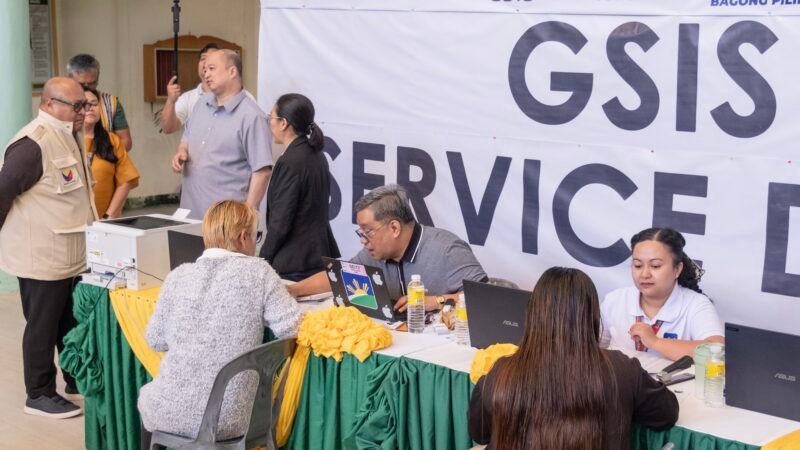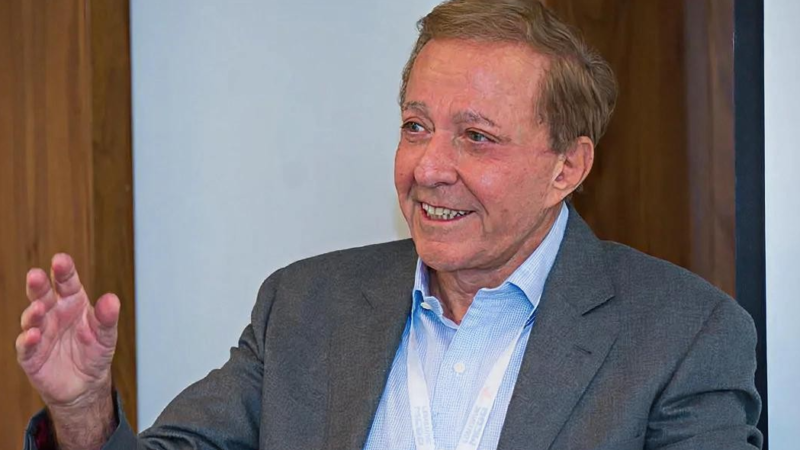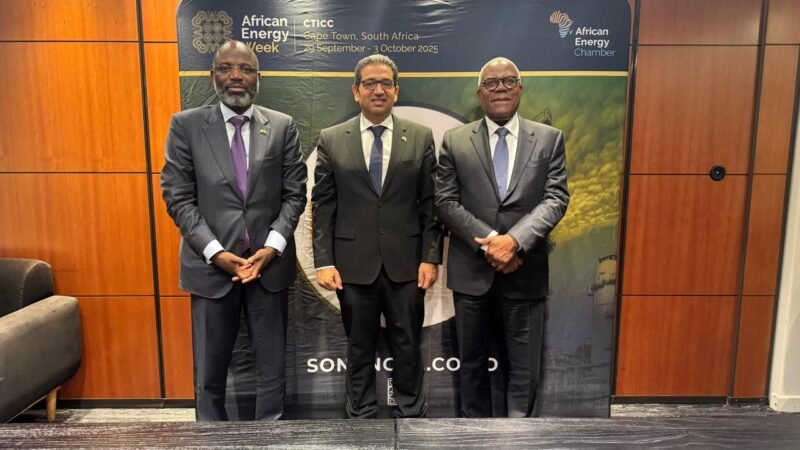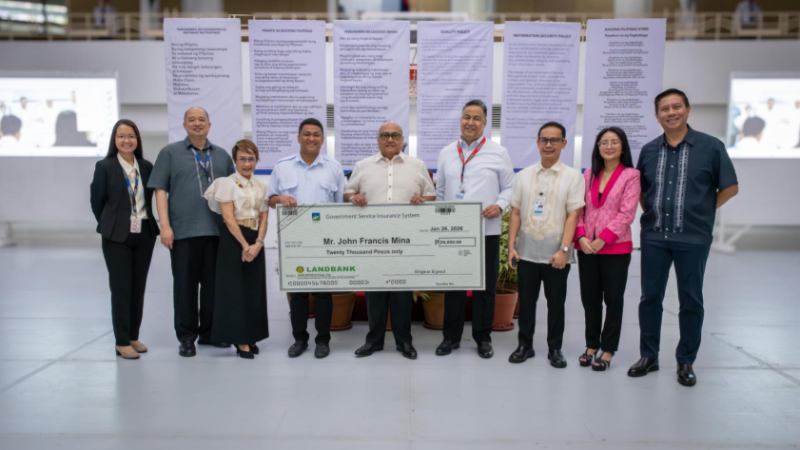South Korean President Yoon Suk Yeol detained amid Martial Law investigation
South Korean President Yoon Suk Yeol made history on Wednesday by becoming the first sitting leader of the nation to be detained for questioning. This dramatic turn of events follows weeks of tension surrounding his controversial declaration of martial law and its aftermath.
President Yoon, who had been holed up in the presidential compound since his Dec. 3 martial law decree, was taken into custody by investigators from the Corruption Investigation Office for High-Ranking Officials. This marked the culmination of a protracted standoff between Yoon’s bodyguards and law enforcement.

A Historic and Contentious Detention
The operation to detain President Yoon unfolded early Wednesday morning after investigators arrived at his compound equipped with additional police personnel and barricade-scaling ladders. The president’s security detail, which had previously resisted a similar attempt on Jan. 3, offered no significant resistance this time.
In a video message shortly after his detention, President Yoon stated that he submitted to questioning to avoid a “bloody” clash but denounced the investigation as illegal.
Yoon’s detention centers on allegations of insurrection tied to his declaration of martial law. On Dec. 3, he reportedly ordered armed troops into the National Assembly to seize the legislature and detain his political opponents—a move that has drawn widespread condemnation.
A Nation on Edge
The crisis has plunged South Korea into political uncertainty. Yoon’s martial law decree, swiftly overturned by the National Assembly, marked the first instance of military rule since South Korea’s democratization in the 1980s. The decree’s aftermath has left the nation divided, with protests and debates over the legality of both Yoon’s actions and the Assembly’s subsequent impeachment vote on Dec. 14.
The Constitutional Court is now deliberating whether the impeachment was lawful and whether Yoon should be permanently removed from office.
A Coordinated Operation
Wednesday’s detention followed meticulous planning by law enforcement, who sought to avoid the embarrassment of a failed attempt earlier this month. During the Jan. 3 standoff, investigators were forced to retreat after five and a half hours when outnumbered by Yoon’s security personnel.
By contrast, this week’s operation featured a larger force, which overcame barricades of buses and razor wire surrounding the compound. After discussions with Yoon’s security team and lawyers, the president was escorted to investigators’ headquarters in a presidential motorcade, rather than a police vehicle.
The Path Ahead
President Yoon now faces up to 48 hours of questioning by investigators, after which they could seek a court warrant for formal arrest. The Constitutional Court’s pending ruling on the impeachment vote adds another layer of complexity to the unfolding crisis.
In the meantime, Yoon’s supporters have vowed to fight what they see as a politically motivated investigation, while his critics accuse him of undermining South Korea’s democracy.
The stakes are high as the nation waits to see how this historic chapter will play out. [New York Times]



